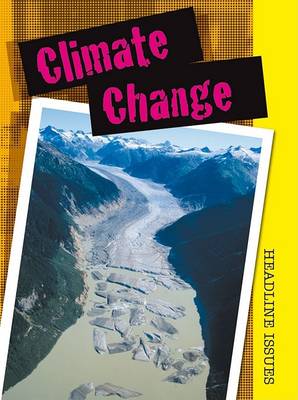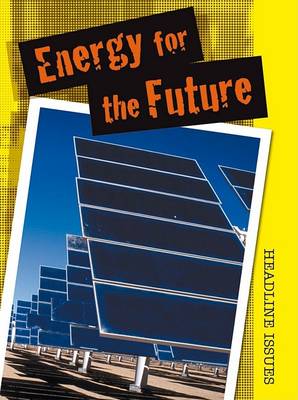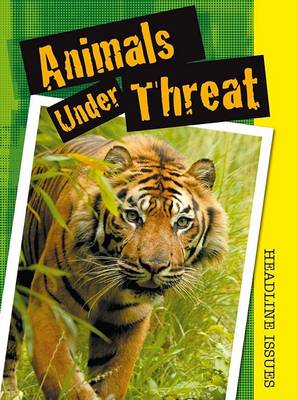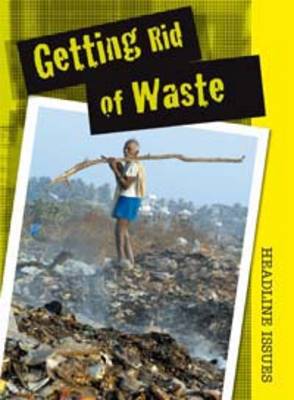Headline Issues (Library)
4 total works
Earth's climate is changing. Global warming is causing extreme weather events such as droughts, floods, and hurricanes. Climate Change examines some of the major weather issues that people are facing around the world. It explains the science behind the headlines-everything from glaciation to the methane trap. This book also suggests some of the ways in which people can slow down the effects of global warming and begin to tackle climate change.
Power stations burn coal to generate electricity. Airplanes, buses, and cars burn oil for fuel. People burn natural gas to heat their homes. Fossil fuels make our lives much easier, but they are also causing a major problem-global warming. Energy for the Future looks at some of the alternative sources of energy-everything from biofuels and hydrogen fuel cells to nuclear, solar, and wind power. This book also suggests some of the ways people can work together to tackle the global energy crisis and slow down global warming.
People are endangering the lives of animals. Burning fossil fuels is polluting the planet and damaging the health of animals around the world. Clearing wild land to make room for farms and new homes is destroying important habitats. Overfishing is depleting fish stocks and taking away food from other animals. Animals Under Threat examines these issues and many more. The book also suggests some of the ways in which people can make a difference and live in harmony with the animals on our planet.
Food scraps, plastic containers, glass bottles, and metal cans—people produce an enormous amount of waste every year. Where does all this waste come from? Where does it end up? Getting Rid of Waste answers these questions and many more—everything from the landfill problem to dealing with plastic pollution and toxic waste. This book also explains how we can all reduce the amount of trash we produce. All we need to do is to follow the four "Rs": Reduce, Repair, Reuse, and Recycle.



